Presentations
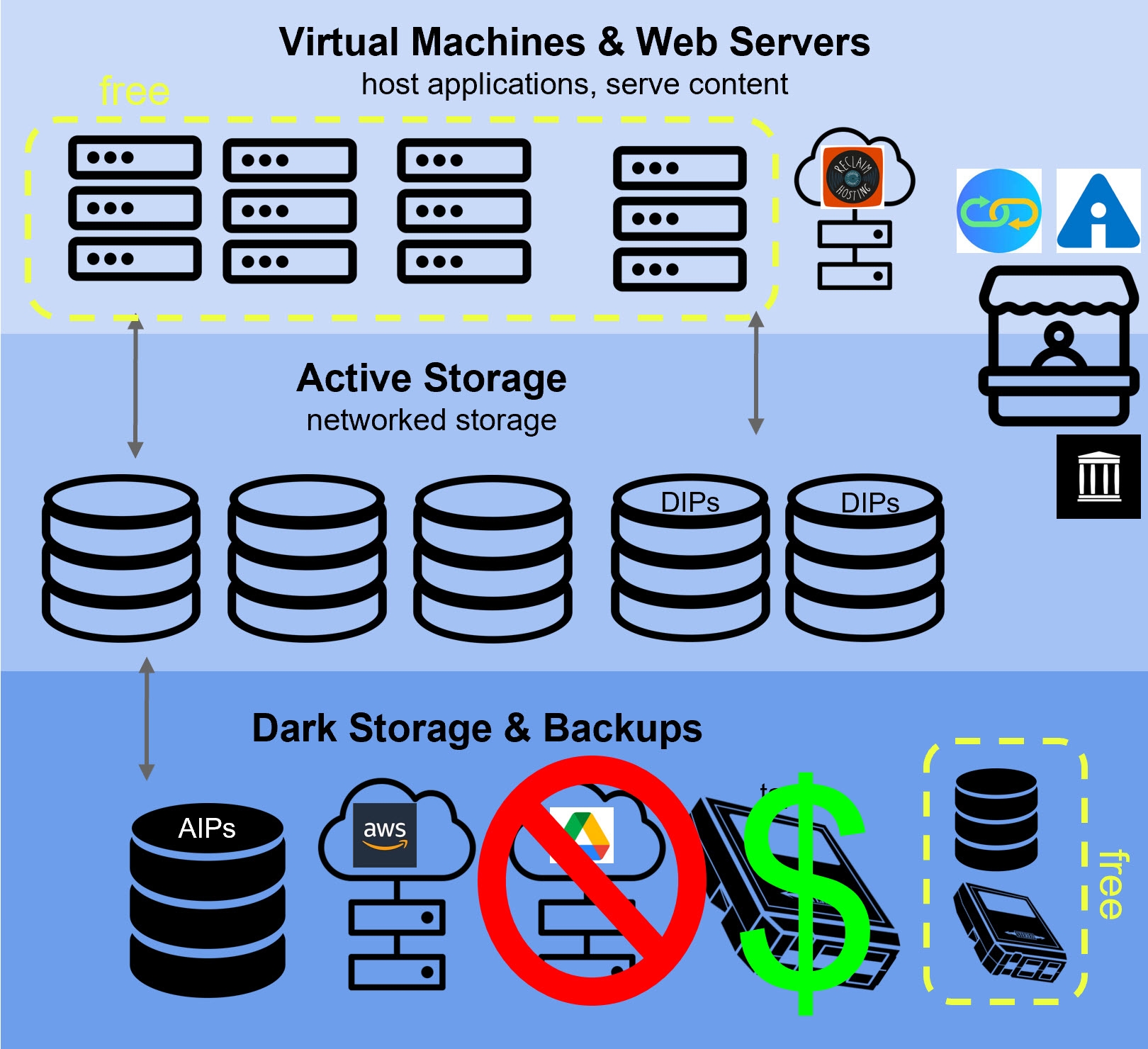
Works in Progress Webinar: Will our future selves thank us? Examining born-digital curation practices at the University of Kentucky Libraries
During this webinar, archivists and librarians from the University of Kentucky Libraries share recent challenges, successes, and practical tips for stewarding born-digital collections.
Topics: Works in Progress, Born-Digital Special Collections
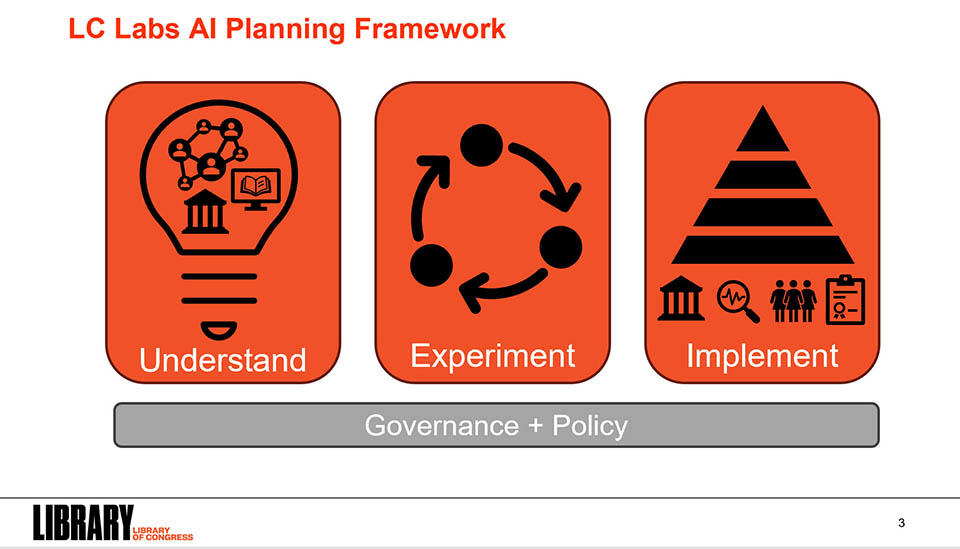
Works in Progress Webinar: LC Labs AI Planning Framework in action—Understand, experiment, and implement AI tools that support catalogers
Hear about what shaped the Artificial Intelligence Planning Framework and how it is being applied at the Library of Congress to explore computational description.
Topics: Works in Progress, Data Science, Research Support
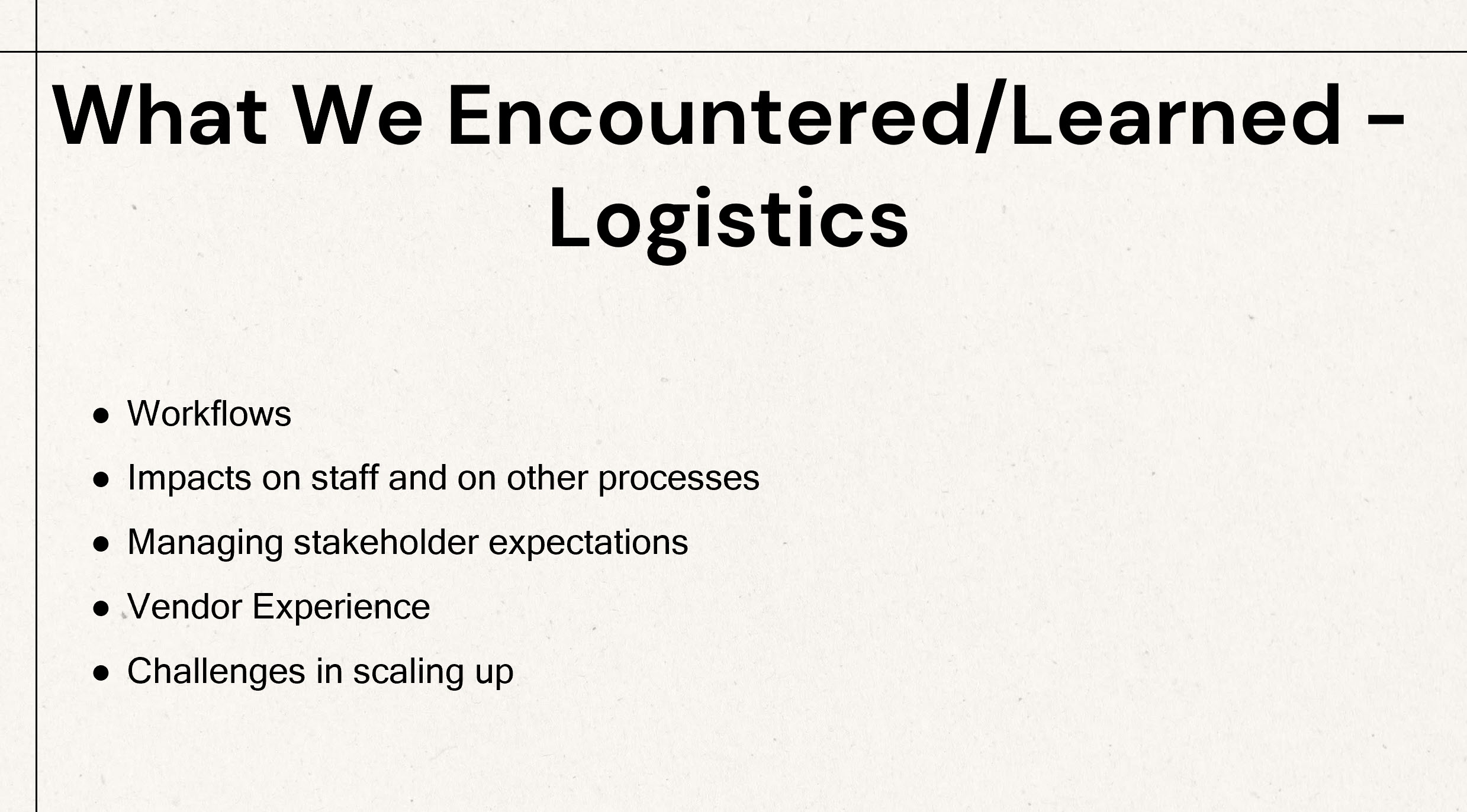
Works in Progress Webinar: Towards diversifying collections—Implementing strategies
In this webinar, colleagues from University of Nevada, Las Vegas (UNLV) and South Puget Sound Community College (SPSCC) discuss their ongoing efforts to identify and implement sustainable practices for building diverse collections, including work at SPSCC to utilize reparations-informed practices.
Topics: Works in Progress, Collection Management, Equity, Diversity, Inclusion

Works in Progress Webinar: Lessons learned from implementing research information management systems (RIMS) in the US
This webinar features examples of RIMS implementations at three US research universities. The presenters share project goals, drivers, products, and scope, as well as the significant and ongoing challenges of securing researcher and campus buy-in.
Topics: Research Information Management, Works in Progress
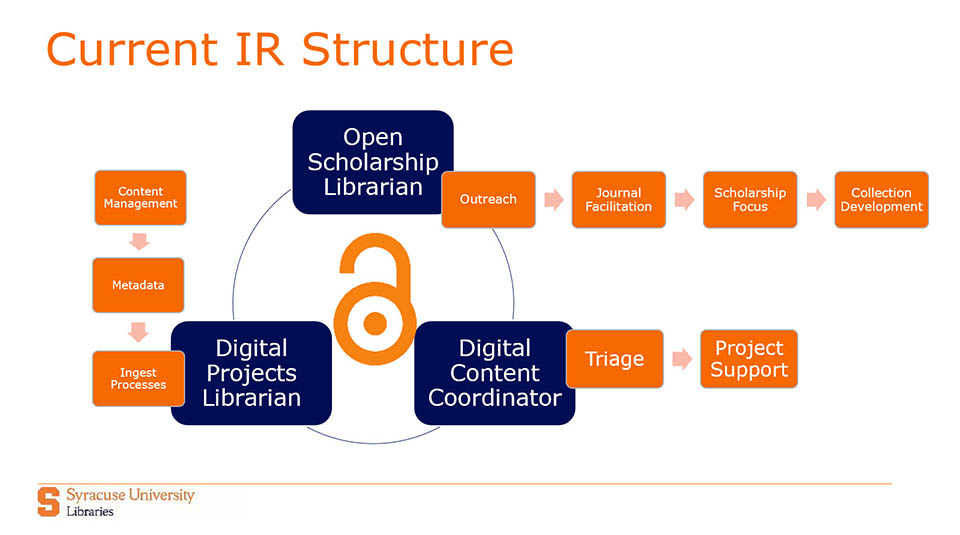
Works in Progress Webinar: Operationalizing open at Syracuse University Libraries
View this webinar to hear about how Syracuse University Libraries leverages its digital library as part of a broader narrative about library support for open research.
Topics: Works in Progress, Research Support, Open Access
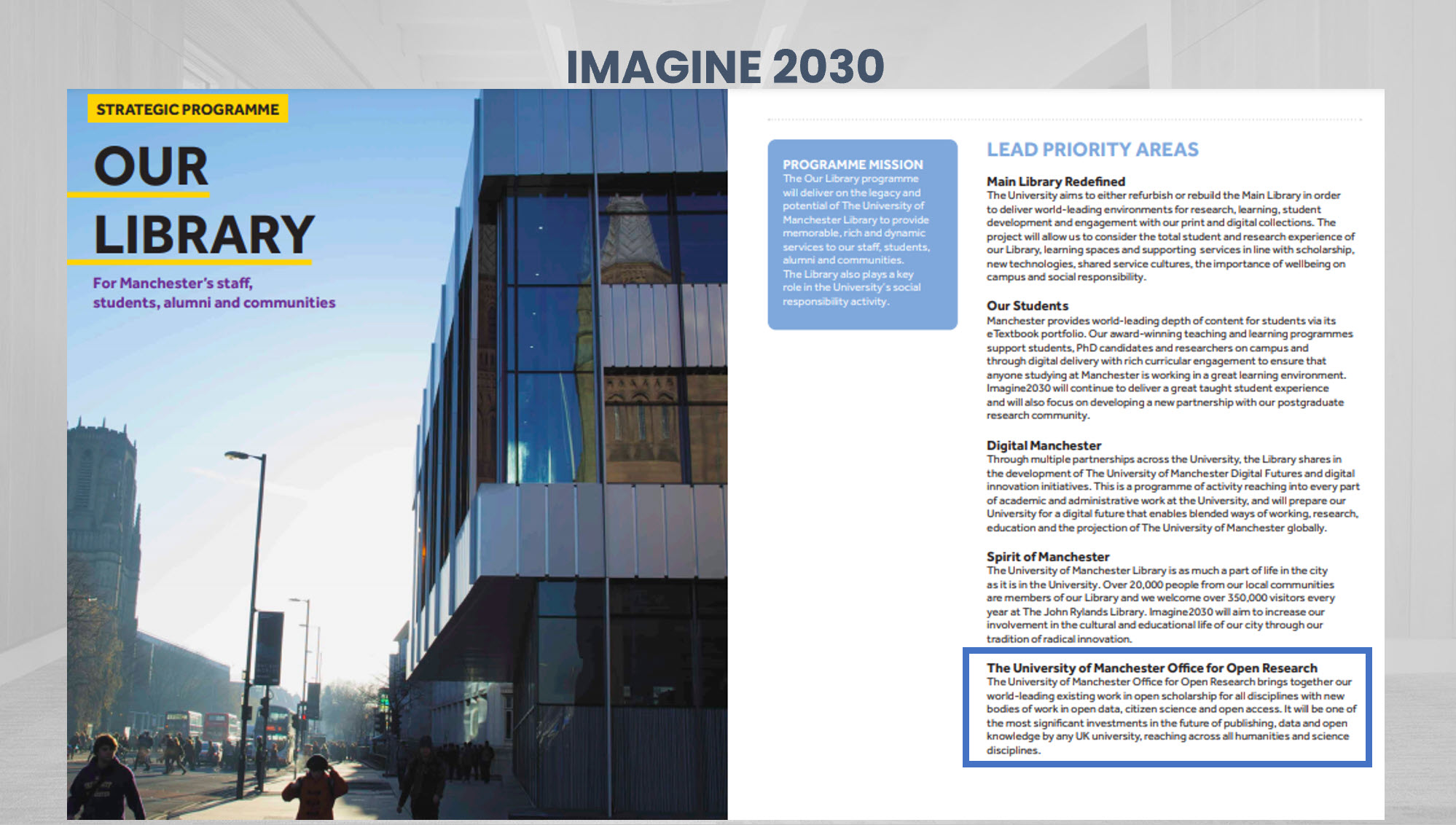
Works in Progress Webinar: Supporting campus goals through a library-led Office for Open Research at the University of Manchester
The University of Manchester launched the Office for Open Research in April 2022, an ambitious effort to enable and embed open and reproducible research practices in alignment with institutional goals.
Topics: Works in Progress, Open Access
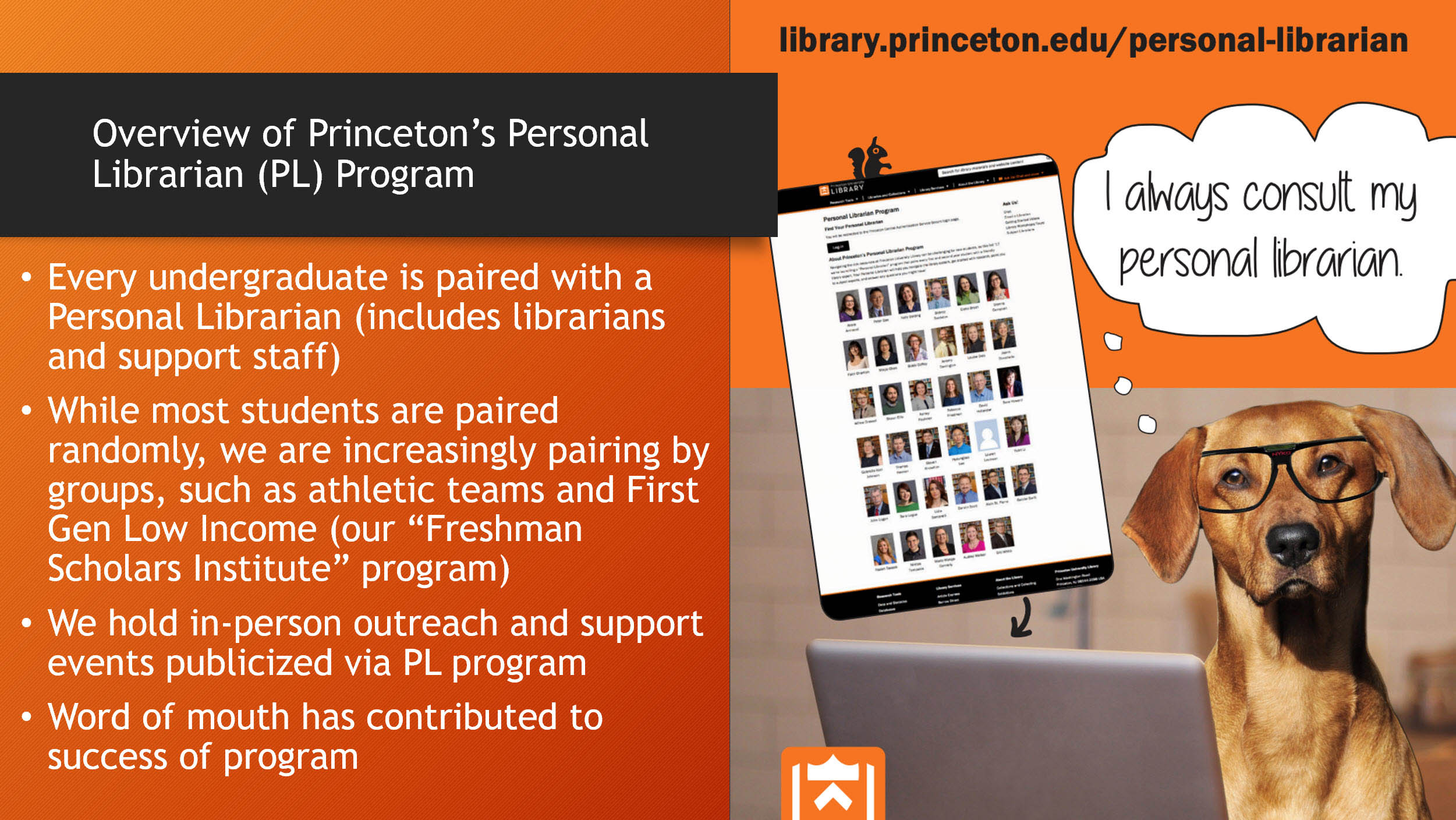
Works in Progress Webinar: Princeton’s personal librarian program—building relationships across campus
View this webinar to learn how Princeton University Library leveraged campus relationships and technology to develop its Personal Librarian Program, an outreach initiative to connect with all undergraduates.
Topics: Works in Progress, Student Support
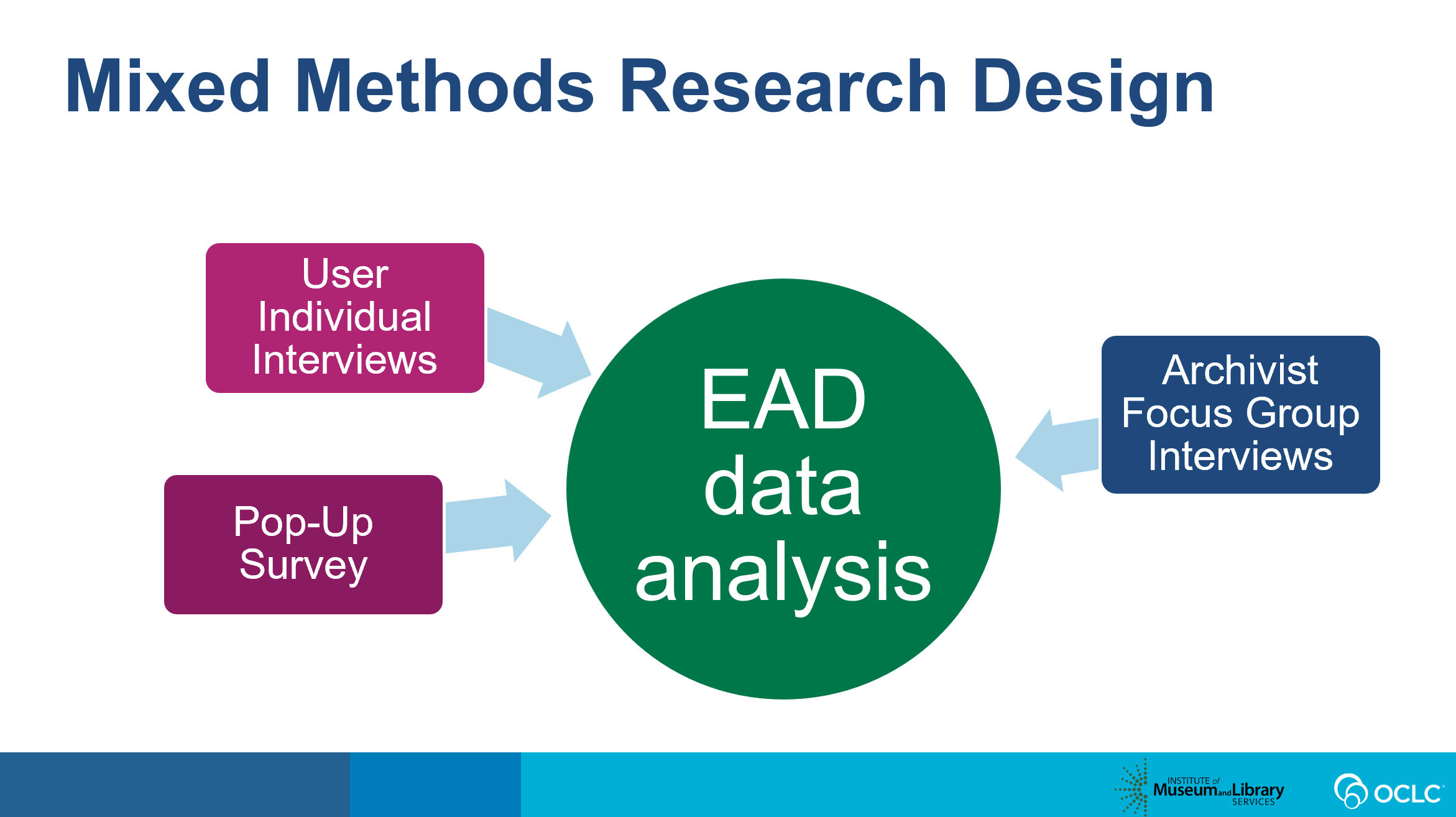
Works in Progress Webinar: Building a National Finding Aid Network (NAFAN) research findings—Archivist focus group interviews and EAD analysis
In this webinar, members of the OCLC Research team review findings from focus group interviews with archivists and review overall project recommendations.
Topics: Works in Progress, User Research
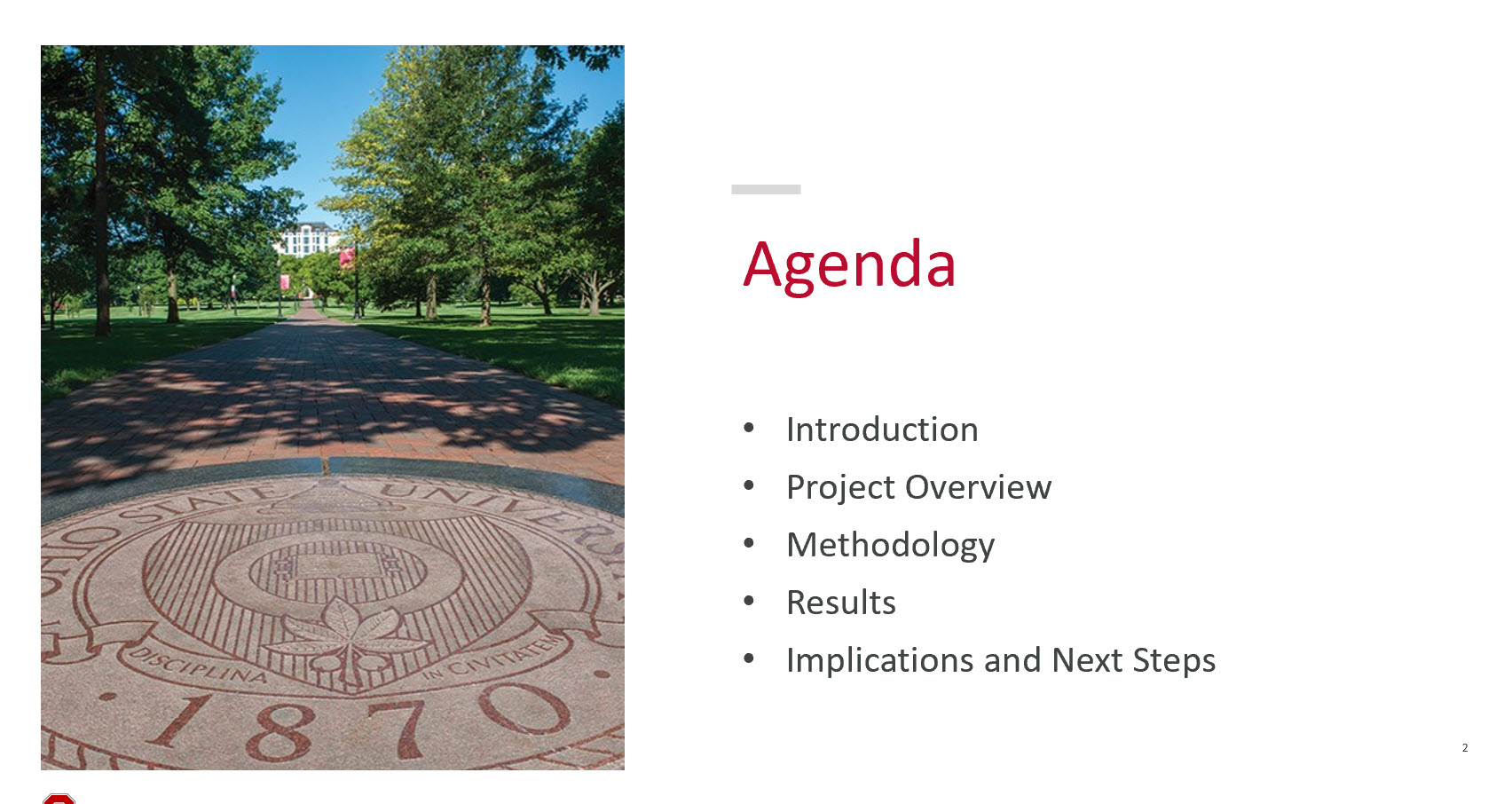
Works in Progress Webinar: Why don't research impact LibGuides include bias-related resources?
In this presentation, Sheila Craft-Morgan shares insights from her recent investigation into the content of LibGuides on research impact topics at ARL institutions.
Topics: Works in Progress, Equity, Diversity, Inclusion
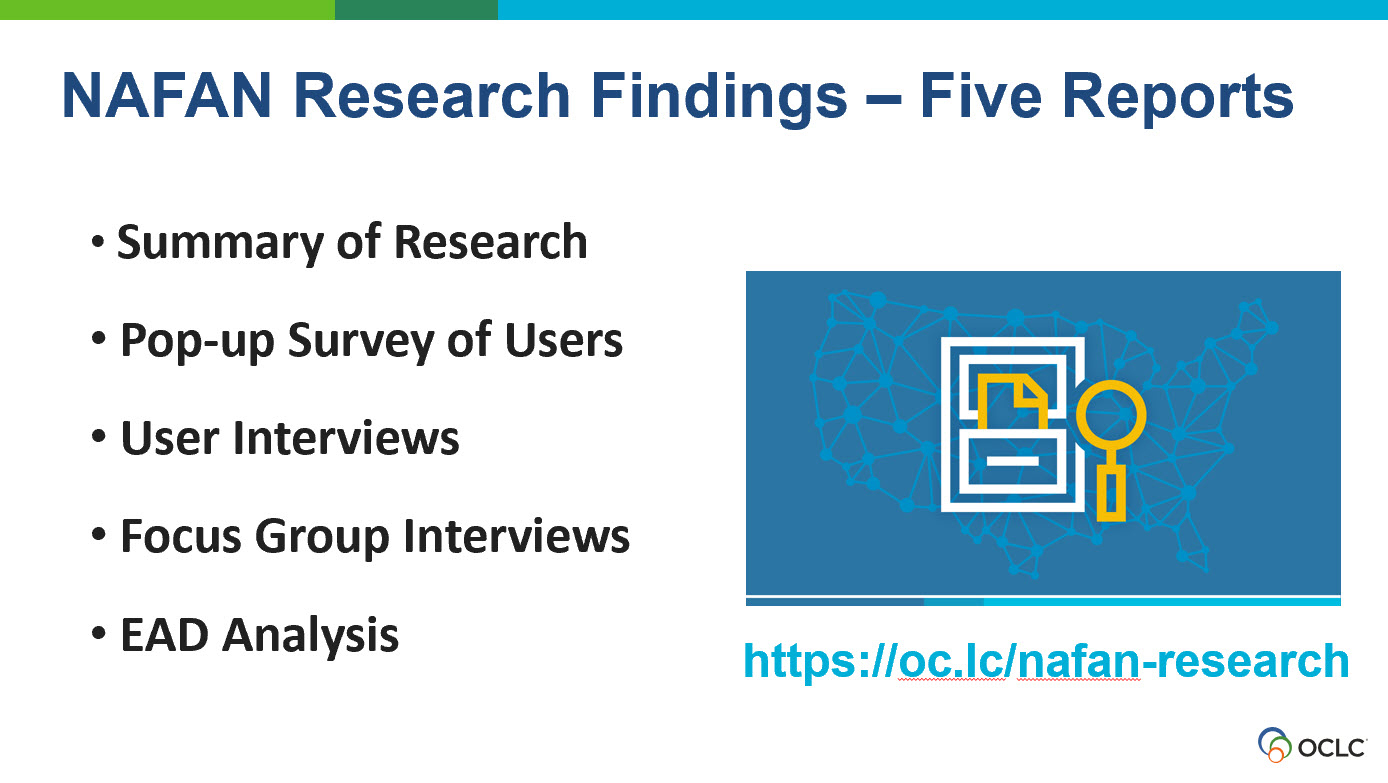
Works in Progress Webinar: Building a National Finding Aid Network (NAFAN) research findings—End user survey and interviews
Building a National Finding Aid Network (NAFAN) was an Institute of Museum and Library Services-funded research and demonstration project with the goal of providing inclusive, comprehensive, and persistent access to descriptions of archival collections, or "finding aids." Members of the OCLC Research NAFAN project shared our findings related to end users—those gleaned from survey data as well as from individual semi-structured interviews.
Topics: Works in Progress, User Research